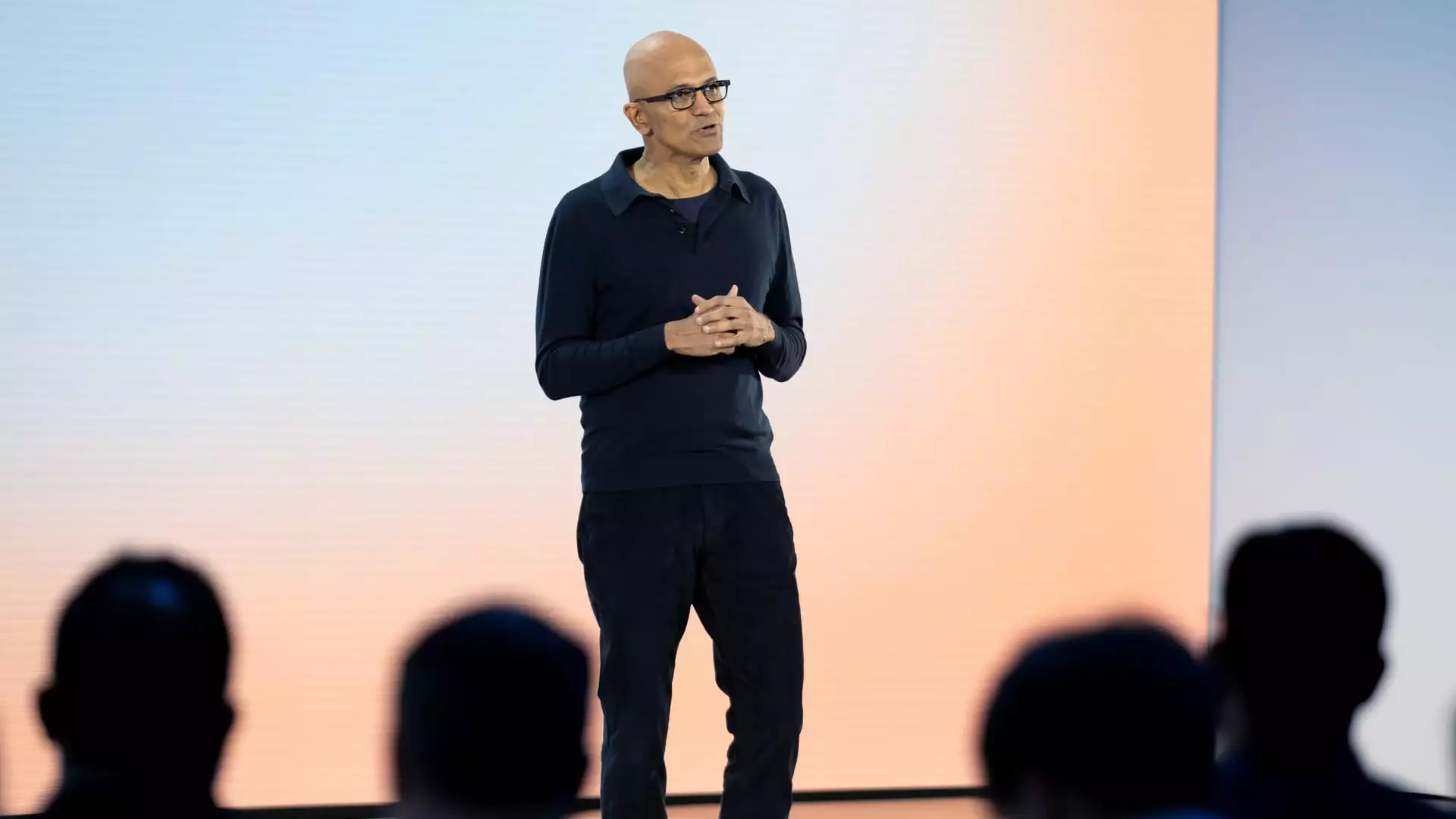In a noteworthy shift, Microsoft has announced a significant pay increase for its CEO Satya Nadella, elevating his compensation for the fiscal year 2024 to $79.1 million. This figure marks a striking rise from the previous year’s $48.5 million package, indicating the board’s confidence in his leadership amidst a challenging cybersecurity landscape. However, it’s crucial to note that Nadella’s total earning could have been over $5.5 million higher if not for recent security breaches that have prompted a reassessment of his cash incentives.
The landscape of corporate governance is changing, particularly regarding how organizations manage cybersecurity risks. Microsoft’s board, in a recent proxy filing, disclosed that a substantial portion of Nadella’s remuneration was tied to stock options rather than cash bonuses. This decision showcases the tech giant’s attempt to align executive incentives with long-term performance while simultaneously emphasizing the importance of security measures. In light of high-profile cyberattacks attributed to state-sponsored actors, such as the breaches compromising U.S. government officials’ email accounts, Nadella’s request for a lower cash incentive illustrates a growing responsibility felt by executives concerning cybersecurity failures.
Remarkably, Nadella voluntarily requested a reduction in his cash bonus, which was initially set at $10.66 million. His reasoning stemmed from a desire to respond to the scrutiny detailed in a report issued by the U.S. Department of Homeland Security. This self-imposed pay cut reflects a deep sense of accountability that leaders must adopt in today’s high-stakes digital environment. Nadella’s actions highlight a paradigm shift in leadership, where transparency and responsiveness to cybersecurity issues are not just encouraged but expected.
Microsoft has made it clear that cybersecurity will take precedence in both organizational strategy and executive performance assessments. Following the report’s recommendations, the company plans to enhance its internal security culture. This includes modifications to how employee contributions to cybersecurity will factor into their future compensation. Such measures signal a holistic approach to security, emphasizing that every Microsoft employee shares in the responsibility of maintaining the integrity of the company’s digital assets.
As we delve deeper into the implications of Nadella’s adjusted pay and Microsoft’s proactive stance on cybersecurity, it becomes evident that corporate leadership must adapt to an evolving threat landscape. The decisions made at the executive level do not only affect stock performance; they also shape a culture of accountability that extends throughout the organization. Nadella’s acknowledgment of the importance of cybersecurity and the consequences of breaches is a testament to the evolving role of a CEO in today’s corporate frameworks. As companies face increasing scrutiny around their cybersecurity practices, leaders who prioritize transparency and accountably will likely foster a more secure environment, ultimately protecting not just their organizations, but the broader digital ecosystem.

